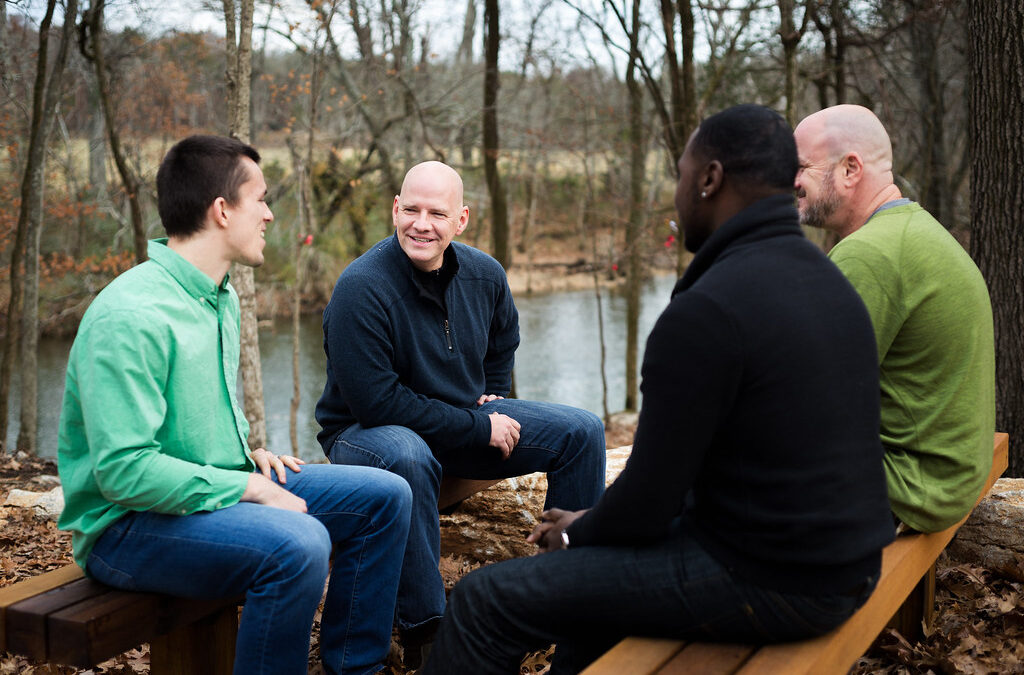Discover the seven types of rest (physical, mental, emotional, social, sensory, creative, spiritual) suggested by the book Sacred Rest: Recover Your Life, Renew Your Energy, Restore Your Sanity by Dr Saundra Dalton Smith.
Have you ever felt exhausted even after getting eight hours of sleep?
According to YouGov, three in five women (61%) say they feel tired when they wake up—even when they’ve had plenty of sleep. Around half (49%) of men say the same.
But there is a way out. After reading Sacred Rest: Recover Your Life, Renew Your Energy, Restore Your Sanity by Dr Saundra Dalton-Smith, I realised that rest isn’t simply about sleeping. It’s about restoring the energy we use in different areas of our lives.
Dr Saundra Dalton-Smith is an international wellness expert featured in outlets such as Prevention, MSNBC, and TED Talk. In her bestselling book, she introduces the concept of seven types of rest, which are essential for productivity, happiness, and overcoming burnout.
To solve the problem of feeling constantly tired, we need to “identify where you are using the most energy in your day,” Dr Dalton-Smith says in her TEDxAtlantic Talk.
The book is divided into three parts: Why Rest? The Gift of Rest, and The Promises of Rest. In the second section, The Gift of Rest, she explains the seven types of rest: physical, mental, sensory, creative, emotional, social, and spiritual.
Physical rest
Physical rest can be passive, like sleeping or napping. It can also be active, such as engaging in restorative activities like yoga, stretching, or massage therapy. These help improve circulation and flexibility, supporting your body’s natural recovery process.
Mental rest
Have you ever struggled to concentrate during work, only to find your mind racing when you tried to sleep? That’s a mental rest deficit.
Dr Dalton-Smith suggests scheduling short breaks every two hours during your workday. These pauses help you slow down and recharge. Keeping a notepad by your bed to jot down thoughts can also calm a busy mind before sleep.
Sensory rest
Bright lights, screens, background noise, and constant conversations —whether in the office or on Zoom —can overload your senses.
To counter this, try closing your eyes for a moment during the day. Intentionally unplugging from electronics in the evening also helps to restore your sensory balance.
Related: “7 types of rest”: Q&A with Dr Saundra Dalton-Smith
Creative rest
Creative rest isn’t only about going into nature; it’s also about appreciating beauty and art.
You can turn your workspace into a source of inspiration by displaying images of places you love or artwork that resonates with you. This type of rest is deeply personal. Some people relax through music, others through visual art.
Emotional rest
Emotional rest is about the freedom to express your true feelings. An emotional rest deficit often accompanies a social rest deficit.
For instance, being called into your boss’s office can feel emotionally and socially demanding. Resting emotionally involves processing feelings with a friend or therapist.
Set limits with draining people, and use “do not disturb” mode on your phone to minimise stress from demanding conversations.
Social rest
It’s not just introverts who need social rest.
In situations like the one above, giving yourself space is essential. Sometimes, simply being alone helps you recharge. Choosing who to spend time with and being selective with your social connections also supports your emotional well-being.
Spiritual rest
Spiritual rest is about connecting with something bigger than yourself. This can take the form of prayer, meditation, or involvement in a community with shared values. It nurtures your sense of purpose and inner peace.
A new way to think about rest
Most importantly, be aware of your energy. Ask yourself what you give and what you receive. Whenever you feel tired, ask: Which type of energy did I use the most today?
Understanding the seven types of rest can help you feel more balanced, more present, and more energetic. It’s not about doing less; it’s about truly restoring yourself.



